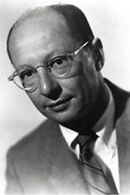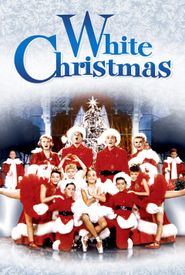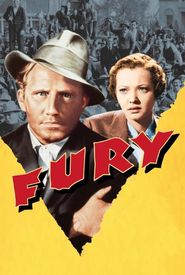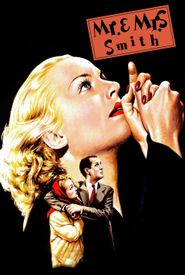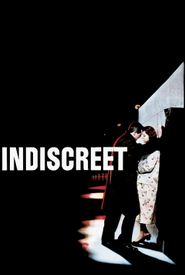Norman Krasna, a renowned humorist, playwright, and screenwriter, initially pursued a career in law, attending New York University, Columbia University, and St. John's University law school. However, he abruptly changed his plans and started working as a copy boy at a New York newspaper, which led to a brief stint as a drama critic for the Evening Graphic and a column for the Exhibitor's Herald World.
This experience likely sparked his interest in the film industry, and he soon found himself in Los Angeles, where he landed a job in the Warner Brothers publicity department. After seeing his first filmed play, The Front Page (1931),Krasna decided to become a playwright and spent countless hours re-typing the script to learn the style and methodology of playwriting.
He soon published his first play, the comedy "Louder, Please," which opened on Broadway in November 1931. Although not a huge hit, the play led to a screenwriting contract with Columbia and later with MGM, where he met Groucho Marx and became lifelong friends.
Krasna quickly gained a reputation for writing intelligent, witty scripts quickly, which endeared him to thrifty-minded producers. He penned a wide range of films, including screwball comedies, original dramatic material, and family favorites like White Christmas (1954). He also wrote the perennial romantic comedy Indiscreet (1958) and won an Oscar for Princess O'Rourke (1943).
In addition to his writing, Krasna also directed four films, including Princess O'Rourke. Although most of his plots are now somewhat dated, his dialogue rarely fails to entertain. After leaving MGM in 1938, Krasna worked as a free-lance writer for the next twelve years, dividing his time between Hollywood and Broadway.
In 1950, he formed an independent production company with producer Jerry Wald at RKO, but the enterprise was short-lived, producing only four films out of a planned sixty. Krasna then went on to produce several films for various studios, including Clash by Night (1952) and Let's Make Love (1960),which featured a young Marilyn Monroe.
Krasna was honored with the Laurel Award for Lifetime Achievement from the Screen Writer's Guild in 1960 and retired in 1964. He passed away twenty years later in Los Angeles at the age of 74.
